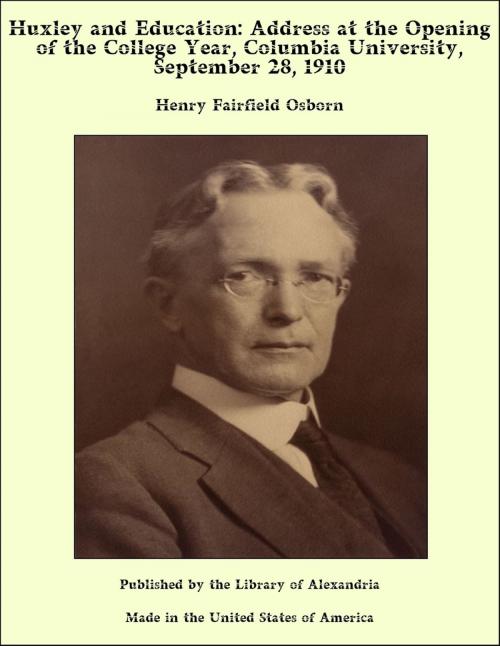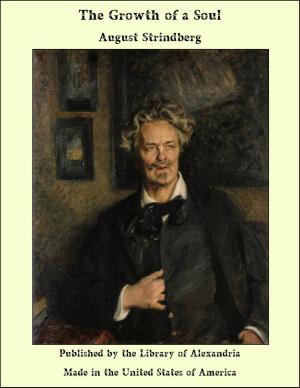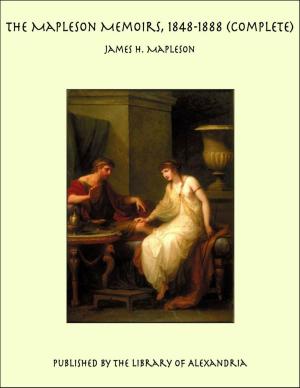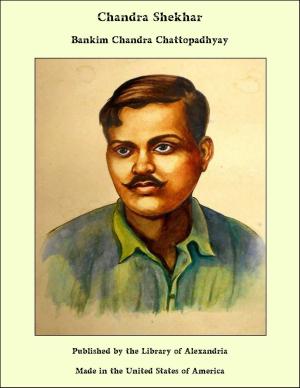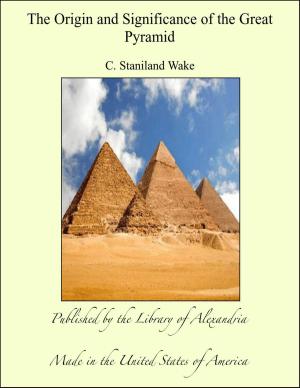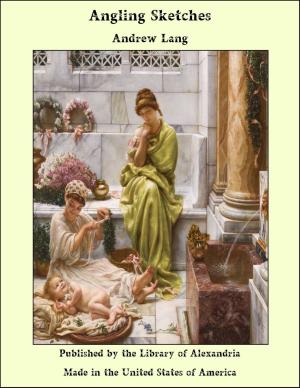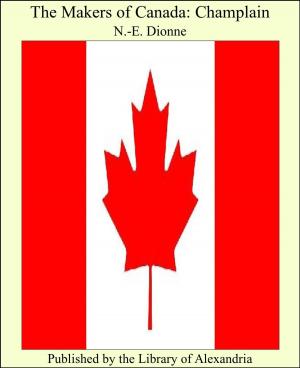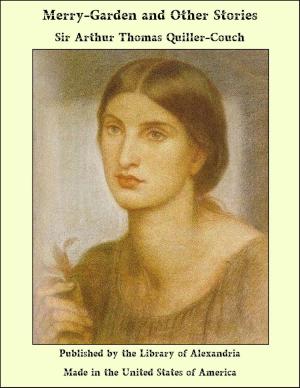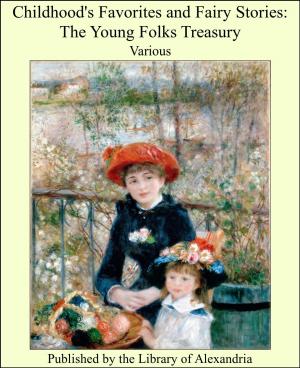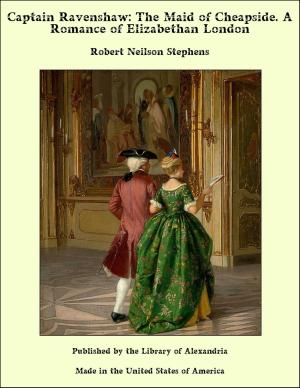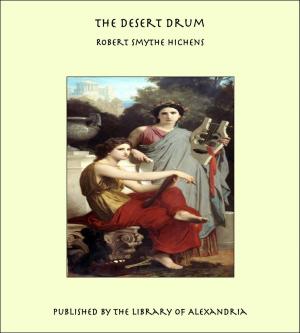Huxley and Education: Address at the Opening of the College Year, Columbia University, September 28, 1910
Nonfiction, Religion & Spirituality, New Age, History, Fiction & Literature| Author: | Henry Fairfield Osborn | ISBN: | 9781465605092 |
| Publisher: | Library of Alexandria | Publication: | March 8, 2015 |
| Imprint: | Language: | English |
| Author: | Henry Fairfield Osborn |
| ISBN: | 9781465605092 |
| Publisher: | Library of Alexandria |
| Publication: | March 8, 2015 |
| Imprint: | |
| Language: | English |
How would my old master, Huxley, address you if he were to find you in this felicitous frame of mind, sharpening your wits and your pencils for the contest which will begin to-morrow morning in every hall and laboratory of this great University? May I speak for him as I heard him during the winter of 1879-80 from his lecture desk and as he kindly in conversation gave me of his stores of wisdom and experience? May I add from his truly brilliant essays entitled "Science and Education," delivered between 1874 and 1887? May I contribute also from my own thirty-seven years of life as a student and teacher, beginning in 1873 and reaching a turning point in 1910 when Columbia enrolled me among its research professors? It was Huxley's life, his example, the tone of his writings, rather than his actual precepts which most influenced me, for in 1879 he was so intensely absorbed in public work and administration, as well as in research and teaching, that little opportunity remained for laboratory conferences with his students. How I happened to go to him was as follows: Unlucky—as they appeared to me at the time, but lucky as I look back upon them—were my own early flounderings and blunderings in seeking the true method of education. Huxley has observed of his "Voyage of the Rattlesnake" that it is a good thing to get down to the bare bones of existence. The same is true of self-education. As compared with the hosts of to-day, few men in 1877 knew how to guide the graduate youth; the Johns Hopkins was still nascent; the creative force of Louis Agassiz had spent itself in producing the first school of naturalists, including the genius, William James. One learnt one's errors through falling into pitfalls. With two companions I was guided by a sort of blind instinct to feel that the most important thing in life was to make a discovery of some kind. On consulting one of our most forceful and genial professors his advice was negative and discouraging: "Young men," he said, "go on with your studies for ten or twelve years until you have covered the whole subject; you will then be ready for research of your own." There appeared to be something wrong about this, although we did not know exactly what. We disregarded the advice, left the laboratory of this professor, and at the end of the year did succeed in writing a paper which subsequently attracted the attention of Huxley and was the indirect means of an introduction to Darwin.
How would my old master, Huxley, address you if he were to find you in this felicitous frame of mind, sharpening your wits and your pencils for the contest which will begin to-morrow morning in every hall and laboratory of this great University? May I speak for him as I heard him during the winter of 1879-80 from his lecture desk and as he kindly in conversation gave me of his stores of wisdom and experience? May I add from his truly brilliant essays entitled "Science and Education," delivered between 1874 and 1887? May I contribute also from my own thirty-seven years of life as a student and teacher, beginning in 1873 and reaching a turning point in 1910 when Columbia enrolled me among its research professors? It was Huxley's life, his example, the tone of his writings, rather than his actual precepts which most influenced me, for in 1879 he was so intensely absorbed in public work and administration, as well as in research and teaching, that little opportunity remained for laboratory conferences with his students. How I happened to go to him was as follows: Unlucky—as they appeared to me at the time, but lucky as I look back upon them—were my own early flounderings and blunderings in seeking the true method of education. Huxley has observed of his "Voyage of the Rattlesnake" that it is a good thing to get down to the bare bones of existence. The same is true of self-education. As compared with the hosts of to-day, few men in 1877 knew how to guide the graduate youth; the Johns Hopkins was still nascent; the creative force of Louis Agassiz had spent itself in producing the first school of naturalists, including the genius, William James. One learnt one's errors through falling into pitfalls. With two companions I was guided by a sort of blind instinct to feel that the most important thing in life was to make a discovery of some kind. On consulting one of our most forceful and genial professors his advice was negative and discouraging: "Young men," he said, "go on with your studies for ten or twelve years until you have covered the whole subject; you will then be ready for research of your own." There appeared to be something wrong about this, although we did not know exactly what. We disregarded the advice, left the laboratory of this professor, and at the end of the year did succeed in writing a paper which subsequently attracted the attention of Huxley and was the indirect means of an introduction to Darwin.
